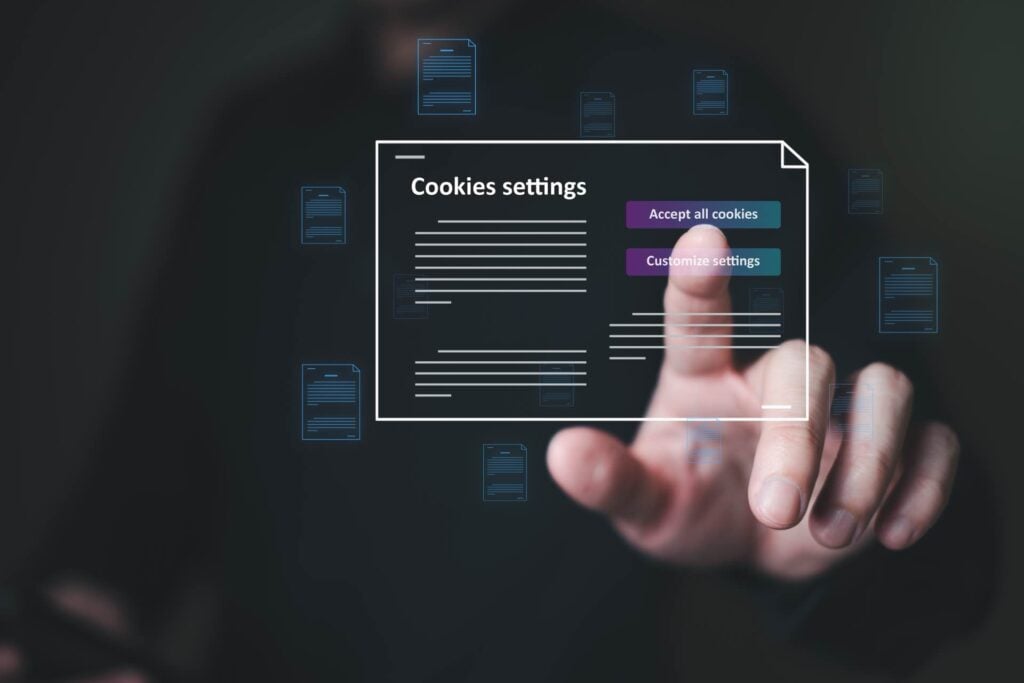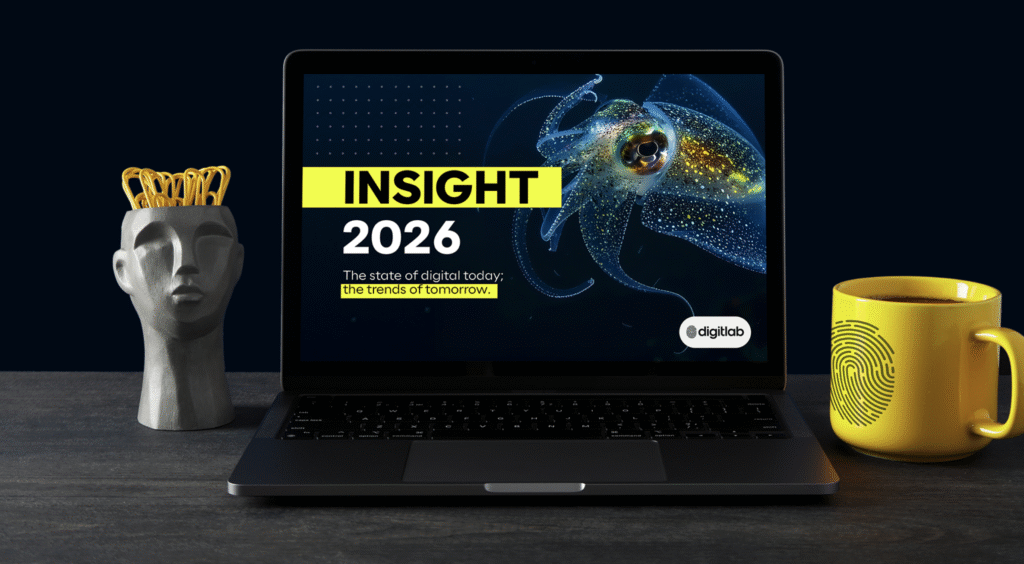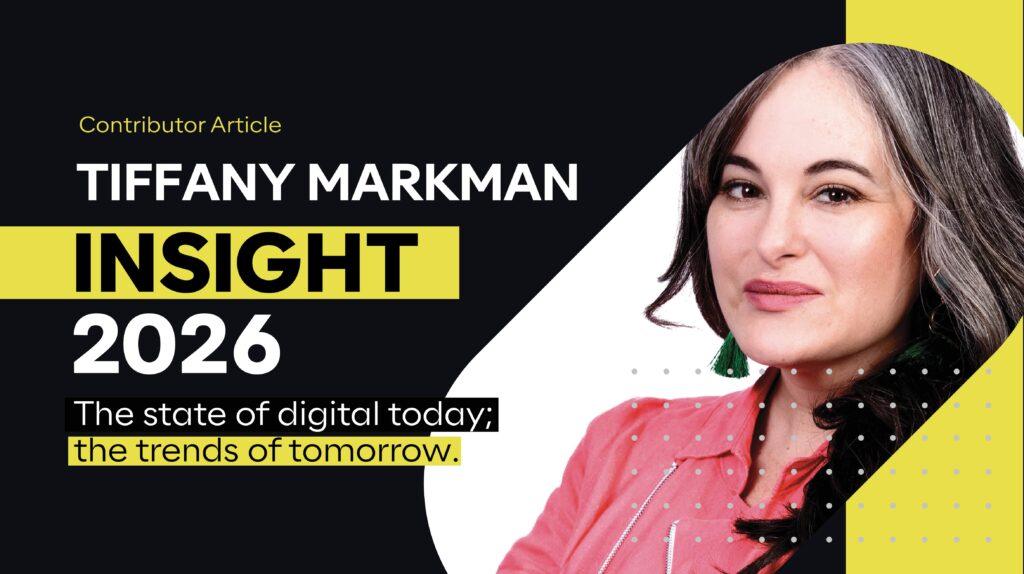In today’s fast-paced digital economy, small businesses need tools that help them compete without requiring massive teams or marketing budgets. One of the most effective channels remains email marketing, but creating effective campaigns consistently can be time-consuming and creatively taxing.
This is where email marketing software for small businesses becomes essential. Among the options available, Mailchimp has evolved far beyond its roots as a newsletter tool. With its new AI-powered features—particularly those driven by GPT-3—Mailchimp is reshaping what small teams can achieve with email marketing.
The Evolution of Email Marketing Software for Small Business
Small business owners are no longer just looking for tools that send emails. They need platforms that support Mailchimp’s shift into an AI-powered marketing platform has introduced several intelligent features that help small businesses market smarter:
- Email Content Generator: This tool uses generative AI (GPT-3) to craft subject lines, headers, and email body copy based on user prompts. The content is tailored to industry, tone, and intent.
- Creative Assistant automatically designs on-brand marketing visuals using your uploaded assets and brand guidelines. It’s perfect for teams without in-house designers.
- Content Optimiser: This service evaluates your content against best practices and suggests ways to improve clarity, engagement, and structure.
- Send Time Optimisation: This service analyses historical engagement data to recommend the best time to send emails, increasing open and click-through rates.
- Predictive Segmentation: Uses AI to identify which contacts are most likely to engage, helping you personalise messaging and improve campaign results.
- Product Recommendations: For e-commerce businesses, this feature suggests relevant products to individual contacts based on browsing and purchase behaviour.
Small business owners are no longer just looking for tools to send emails. They need platforms that support campaign ideation, copy creation, testing, automation, and analytics. In response, Mailchimp has transformed from a simple bulk email sender into a full-fledged marketing platform.
Now powered by artificial intelligence, Mailchimp’s platform offers features that help small businesses:
- Create compelling email content faster
- Maintain brand consistency
- Reach the right audience at the right time
- Scale campaigns without scaling the team
So lets dive into some of the details.
Solving the ‘Blinking Cursor’ Problem
We’ve all experienced creative block when staring at a blank screen. For time-pressed marketers, this can be a real productivity killer. That’s why one of Mailchimp’s standout features is its AI-powered Email Content Generator.
By simply entering prompts such as the campaign type, desired tone, or industry, users can receive tailored suggestions for subject lines, headers, and body content. These aren’t generic fillers—they’re context-aware drafts that make getting started significantly easier.
This means more time spent refining strategy and messaging, and less time stuck trying to figure out what to write.
A Junior Copywriter in Your Inbox
Mailchimp’s integration with GPT-3 doesn’t aim to replace marketers—it’s there to support and accelerate them. Think of the AI like a junior copywriter: fast, efficient, and capable of brainstorming multiple variations in seconds.
Instead of crafting every campaign from scratch, marketers can start with a high-quality draft, tweak it to suit their brand voice, and move on. This is especially helpful for:
- One-person marketing teams
- Business owners managing their campaigns
- Agencies handling multiple clients at once
It’s speed and inspiration, without losing the human touch.
Why AI Is a Game-Changer for Small Business Marketing
Many small businesses still consider AI to be out of reach, designed for large enterprises with big data teams. Mailchimp flips that narrative by offering enterprise-level intelligence packaged for everyday use. What I like about the Mailchimp appraoch is that the embed AI into the everyday experience, at times youre using AI tools without even realising it.
According to Unbounce’s “State of AI Marketing for Small Business” report, 97% of SMBs using AI say it saves time. Mailchimp’s tools aim to reduce the time spent writing campaign copy by up to 80%. For many marketers, that reclaimed time can be reinvested in more valuable areas like customer research, sales strategy, or product development.
Built-In Learning: Smarter with Every Campaign
Mailchimp’s AI doesn’t just spit out text—it learns from how users use its suggestions. Every edit or rejection feeds into the system, allowing the platform better to understand each user’s unique preferences over time.
Key metrics Mailchimp tracks include:
- Semantic similarity: How closely does the AI’s suggestion match the final sent content?
- Edit distance: How much did a user modify the AI-generated copy?
This learning loop means Mailchimp’s recommendations improve continuously, customising content support to your brand’s evolving tone and voice.
Keeping Control and Upholding Brand Integrity
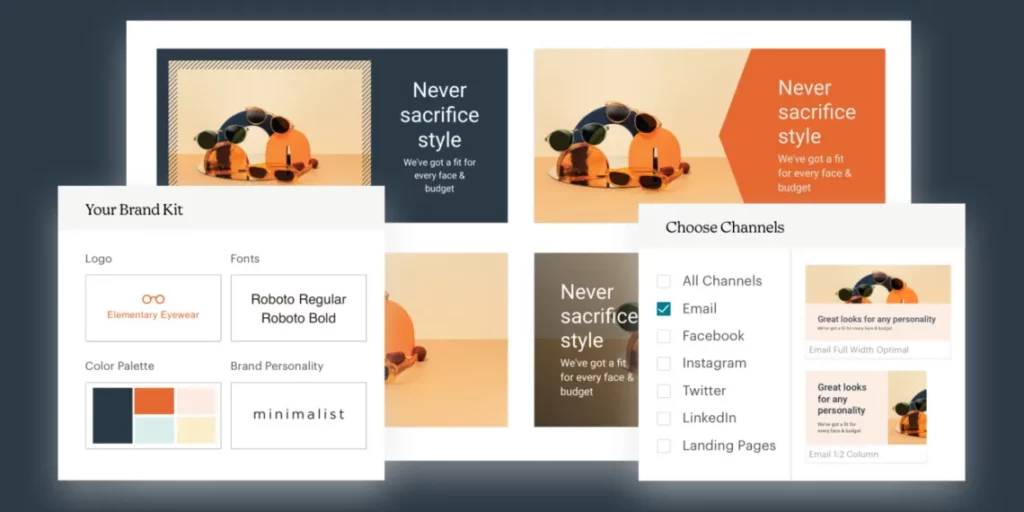
A common concern with AI-generated content is the loss of control. However, Mailchimp has designed its system to ensure marketers remain firmly in charge. Nothing is sent without approval; every content can be edited before going live.
This balance between automation and oversight is key for small businesses where brand trust is critical. You benefit from AI’s efficiency without compromising the unique voice that defines your business.
Privacy and Data Protection are built-in
Mailchimp, now part of Intuit, has a strong track record of compliance with and protecting user data. All data remains within the platform’s secure ecosystem when using its AI features. As a small business using email marketing software, knowing your customer data is safe is essential, and Mailchimp delivers on that front.
PS: we have information on cookie banner compliance if you need it
How AI Enhances the Email Marketing and Automation Experience
Email Content Generator
As discussed previously, Generative AI, powered by GPT-3, transforms how marketers write campaign content. Instead of starting from scratch, users can input a few prompts—such as campaign objective, tone, and industry—and receive tailored copy suggestions. This tool is especially useful for building out automation series where consistent, on-brand content is needed across multiple touchpoints.
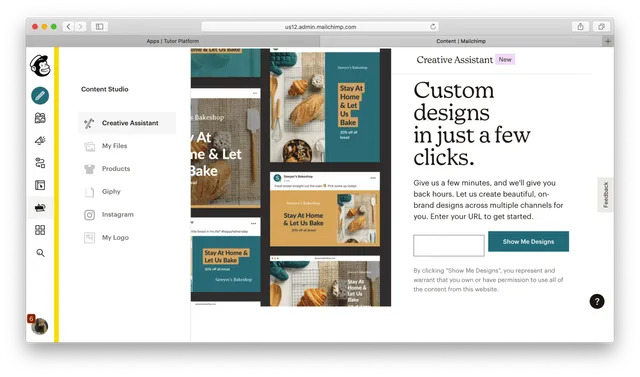
Creative Assistant
This feature automatically generates visual content based on your brand assets, helping ensure that every automated email looks professionally designed and brand-consistent. For teams without designers, it’s a game-changer, allowing automated emails to maintain a polished visual presence with minimal effort.
Content Optimiser
Before an automated email is sent, the Content Optimiser can evaluate its structure and messaging against proven industry standards. It offers real-time suggestions to improve readability, clarity, and engagement, ensuring that each step in your automation flow performs at its best.
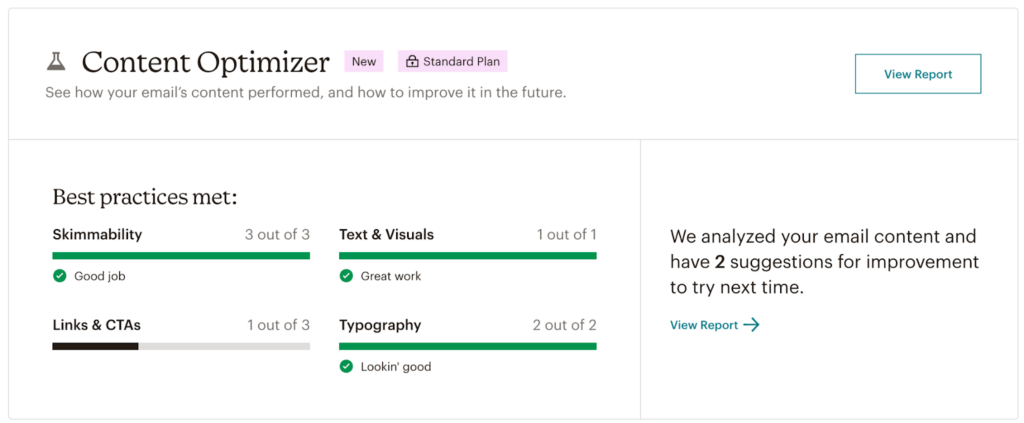
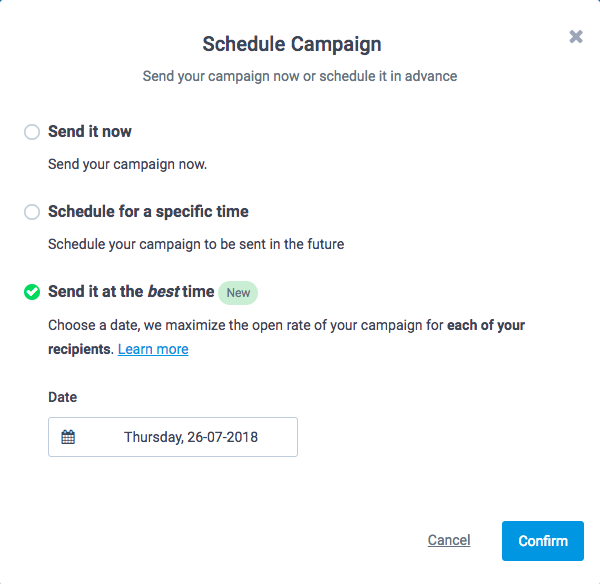
Send Time Optimisation
Timing is everything in email marketing. This AI feature analyzes recipient behaviour and engagement patterns to recommend the ideal time to send each message. Applied across your automated workflows, it increases the likelihood that emails land when your audience is most likely to engage.
Predictive Segmentation
Not all contacts are equal, and AI helps you identify those who are more likely to open, click, or convert. Predictive Segmentation uses machine learning to group contacts based on their likelihood to engage, allowing you to trigger highly targeted and timely automation.
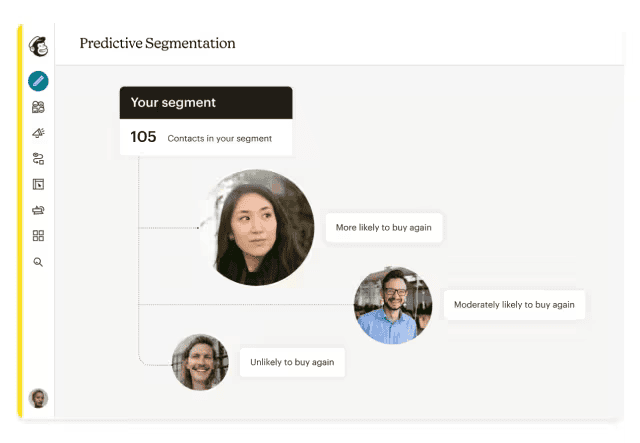
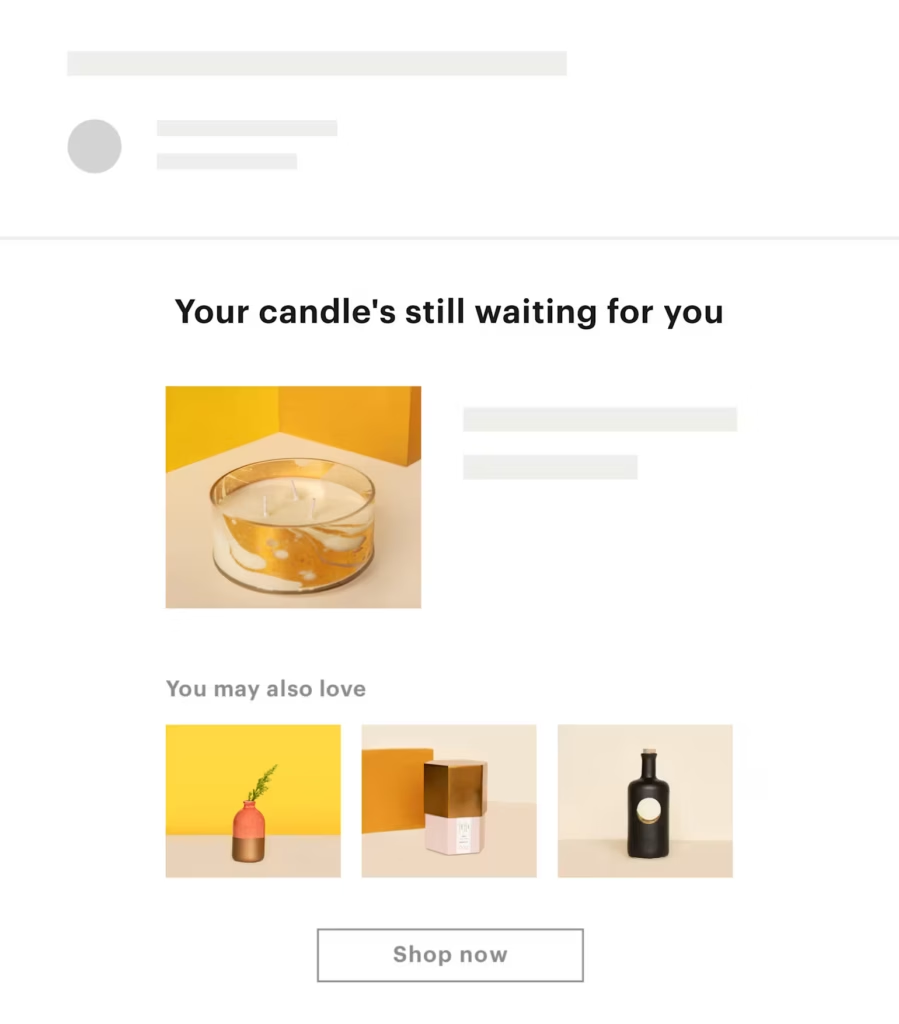
Product Recommendations
For e-commerce businesses, product recommendation AI automatically analyses past purchase behaviour and browsing history to automatically suggest relevant products.
These can be inserted into automated emails like post-purchase sequences or abandoned cart reminders, increasing conversion rates and average order values.
The Value of Email Automation for Small Businesses
Email automation is one of the highest ROI tools available to small businesses. It lets you stay connected with your audience without manually managing every message, saving time, improving consistency, and helping nurture leads at scale.
For small businesses with limited time and resources, automation ensures your brand stays top of mind at key moments: when a customer subscribes, abandons a cart, downloads a guide, or is due for a follow-up.
How Mailchimp Supports Email Automation with AI
What Mailchimp does well:
- Pre-built automation templates for welcome emails, cart reminders, and more
- Easy-to-use automation builder with drag-and-drop logic
- AI-generated copy to populate each email faster
- Product recommendation blocks for e-commerce
- Send-time optimisation and basic audience segmentation
Where Mailchimp is limited:
- Workflow logic is more straightforward compared to enterprise tools
- Lacks advanced lead scoring, lifecycle stage automation
- CRM integration is limited unless using external tools
Mailchimp vs. HubSpot: Email Automation Comparison
| Feature | Mailchimp | HubSpot |
|---|---|---|
| Best for | Small teams, startups, e-commerce | B2B businesses, sales-driven organisations |
| Automation Complexity | Basic to intermediate | Intermediate to advanced |
| Content Creation AI | GPT-3 powered email generator | Built-in AI with tone adaptation |
| CRM Integration | Light (or external) | Native, full-featured CRM included |
| Lead Scoring & Lifecycle Stages | (manual only) | Built-in with automation triggers |
| Sales/Marketing Alignment | (requires external tools) | Seamless integration across both teams |
| Cost for Automation | Low entry point | Higher tiers for full automation access |
Mailchimp shines for ease, speed, and affordability. HubSpot excels in end-to-end customer journey automation and CRM integration.
Top Email Automation for Small B2B Businesses
- Welcome Email Series: Make a strong first impression by introducing your business, sharing helpful resources, and setting expectations. This series builds initial trust and improves the chances of lead engagement.
- Lead Magnet Delivery + Nurture Sequence: Automatically deliver gated content (e.g. whitepapers, guides) and follow up with value-driven emails to warm up leads and guide them toward a conversion.
- Re-Engagement Workflow: Identify inactive contacts and encourage them to re-engage through relevant content, new offers, or personalised messages. This workflow helps clean up your list and recover cold leads.
- Event/Webinar Follow-Ups: After a webinar or live event, Send automated thank-you emails recapping content, next steps, and related resources to keep momentum going.
- Client Onboarding Series: Welcome new clients with a structured series of emails that explain your process, introduce team members, and provide helpful tips for a smooth onboarding experience.
Use Mailchimp for quick branded communication. Use HubSpot when sales alignment and lead scoring are essential.
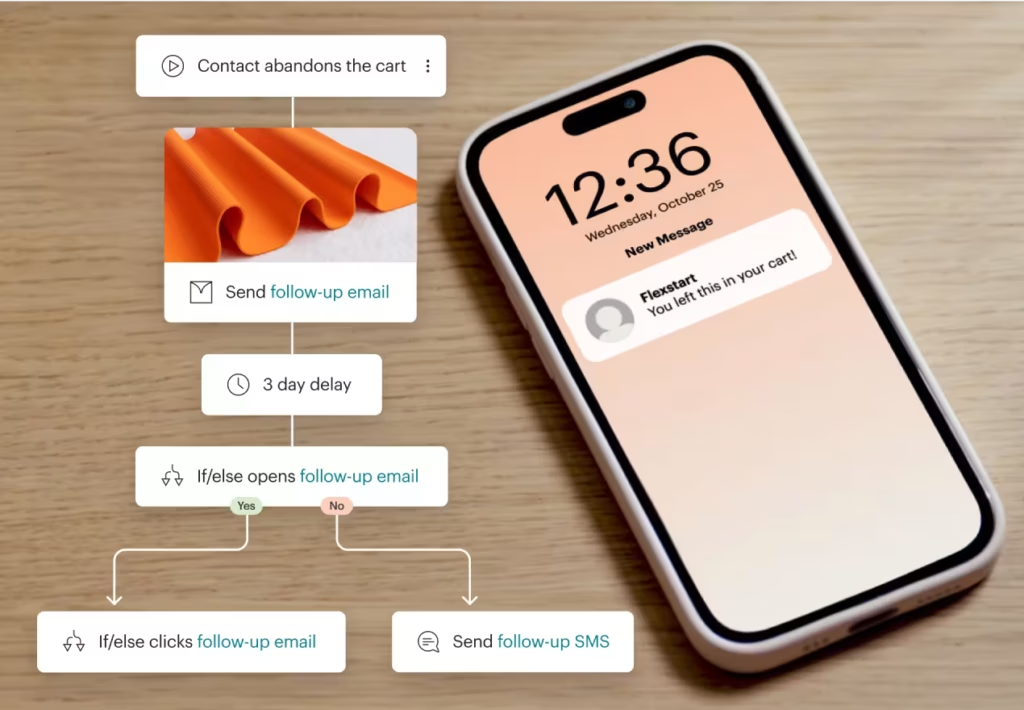
Top Email Automation for Small E-commerce Businesses
- Abandoned Cart Recovery: Remind customers of the products they left behind and encourage them to complete the purchase. Include product images, pricing, and even limited-time discounts to drive urgency.
- Welcome Discount Series: Greet new subscribers with a discount and introduce your brand story, bestsellers, and customer testimonials. It helps turn subscribers into first-time buyers quickly.
- Post-Purchase Follow-Up: Thank customers, provide care instructions or tips, ask for reviews, and suggest related products. Builds loyalty and encourages repeat purchases.
- Win-Back Campaign: Target customers who haven’t purchased in a while with special offers or reminders about new arrivals. Keeps your brand at the top of your mind and reduces churn.
- Birthday or Milestone Offers: Celebrate special dates with personalised messages and exclusive deals—a powerful way to boost engagement and strengthen emotional connections with your audience.
Mailchimp includes product recommendations and dynamic content. HubSpot enhances with advanced segmentation and cross-channel workflows.
The Future of Small Business Marketing is getting better, simpler and faster
Small business marketing has never moved this quickly—or offered this much opportunity. With the help of AI and accessible tools like Mailchimp and HubSpot, it’s becoming easier to run powerful campaigns without a big team or deep pockets.
AI-generated content, intelligent automation, and actionable insights are no longer enterprise-only features. They’re available and practical for the everyday marketer, freelancer, and entrepreneur. Whether you’re looking to boost e-commerce sales or nurture long-term B2B relationships, tools like Mailchimp simplify the execution and save valuable time.
The future of marketing for small businesses is more than digital—it’s intelligent, intuitive, and well within reach.

Convert more customers with a powerful and intuitive platform
Clients work with Digitlab as their Mailchimp Partner because we go beyond sending emails and drive real value in their business with email marketing.
Learn more about our Mailchimp Partnership


